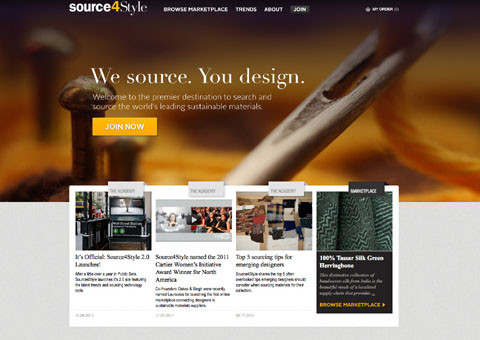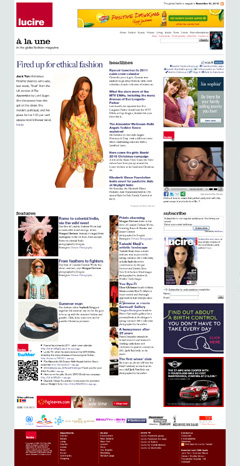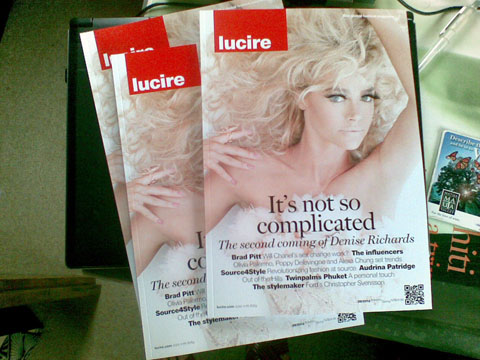There are some companies that do not realize that we live in a global community.
And there are at least two who have done themselves a disservice by referring our account or enquiries to their Australian representative.
We left Rackspace in 2013 although, for most of the 11½ years we were with them, things were fairly good. I had issues with them in 2005, but they weren’t serious enough to depart. In the last year, the server fell over regularly, and suddenly we found ourselves being referred to their Australian office.
From then on, I just got jargon from their rep who tried to get us on to the “cloud”. When I asked about further specifics, I heard nothing back, and when I sent another query to the company, I found her response rude and dismissive. The sense I got was, ‘How dare you keep asking questions on how much you expect to spend.’ I can’t remember her exact words, but I seem to recall she used the, ‘As I told you before’—when in fact she hadn’t.
So we left. It was a sad end though I still think the world of Rackspace’s techs. The guys running their Twitter are second to none as well. The guys in the US are fantastic and are completely on to it. But, as I told one of the Kiwis working from their Australian office, I wasn’t going to stand for their rudeness after paying them a fairly hefty amount each month.
He explained that they were rude in Australia, which is a pity. I wasn’t sure if he referred to his company or to Australians in general, because I certainly haven’t found the latter to be the case on my visits there, and I haven’t encountered that in 99 per cent of Australian organizations.
Before the Australian office was opened, we had very cordial dealings with our Texan and later Hong Kong account managers. I get why they want to localize: it’s to serve different time zones and, in many cases, to serve different languages. But, for goodness’ sake, make sure that you hire people who have had some training on how to talk to customers.
I was always under the impression that the account manager is the one who doesn’t talk technobabble, the one who translates all of that to human, in order to secure your business. She’s not the one who joins in with the throng in a game of “us and them”—and in Rackspace’s case, undoes a decade’s worth of hard-earned goodwill, earned largely by the US staff.
Interestingly, they were replaced by a small Australian firm run by an expat New Zealander, who tells me that there is some rudeness in the Aussie IT sector. Maybe that’s what the Kiwi at Rackspace meant.
Hugo Boss is the other story, to whom we sent a query for press images, at their German HQ. We were referred to their Australian office. And from there we never heard back. Luckily for us, we wound up using catwalk imagery from Berlin Fashion Week, which we can access. They got their story, one which looked at their history and how it impacted on their design, written by one of our associate editors, but I’m not convinced they deserved the two pages in Lucire.
And now we’ve been referred again by a European label to their Australian PR. I won’t name this company this time, because the rep might not have had the chance to respond yet. Or the enquiry is somewhere in their system. But it is a company for whom we had a username and password for their press database, neither of which works now. (That is a whole other story—companies which take your data but upgrades mean that you have to sign up again. I am looking at you, Telegraph Group plc.)
She was nice enough and asked which images we sought. The reality, as I explained, was that we often didn’t know ourselves till one of our editors went through the image database for something that fitted with the issue’s theme. In addition, as we at Lucire produce magazines for the international market-place, the Australian season would be off. We needed to get access to the European database.
Companies like Hennes & Mauritz, Swatch or Bang & Olufsen have no trouble comprehending this, but it amazes me that some still do. A New Zealand-HQed company does not necessarily produce things strictly for the New Zealand market. Why is this so hard to understand? Globalization has been around for centuries, and surely in the electronic age, it applies even more regularly.
Of course, in future, this compels one to start lying. Or I’ll use one of our alternative addresses in New York or London, but I’ve only employed that in situations where they require a local address. I’m proud of being a New Zealander and letting people know that this country does amazing things internationally. That’s why we went to that last label, who sells next to nothing here, in order to give them some publicity.
We’ve also been approached by what I believe is an Australian SEO firm wanting a link for their client in one of Lucire’s online articles. That’s all well and good, but I had to tell her that the au.companyname.com domain would have little relevance for the site’s readers, 38 per cent of whom are in the US. Less than 10 per cent are Australian. However, I can imagine behind the scenes, they were employed to get these links from regional publications, and we never hide our Kiwi origins. She didn’t do anything wrong, but again the reality of globalization changes initial perceptions.
If I wanted the local rep, I would approach them (as I have done on many occasions, e.g. with Chanel or L’Oréal—and both companies are smart enough to get me the information I need from their French counterparts if required nearly immediately, so there are no hiccups). But the first two situations are ridiculous because they seem to suggest that their regional reps don’t understand the global links in modern business. In the first case, not everyone dealing with IT is a boffin. In the second, palming things off to a regional office simply doesn’t work.
Then you wonder how they could even have global marketing and sales’ ambitions.






